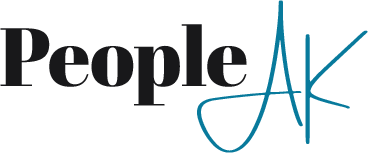
Millennial turnover is costing the United States economy roughly $30.5 billion annually. With the lowest rates of engagement across generations, millennials seem to be looking for something different. According to Gallup (2016), millennials hold the highest rates of unemployment and underemployment, and only 29% of employed millennials report they are engaged in their workplace. Seeking purpose and culture in each employment opportunity, millennials navigate the workplace as consumers. They are seeking a brand culture, development, a supportive and collaborative environment, and the opportunity to identify with an employer that matches their personal brand and lifestyle.
It is a millennial’s hope that their development supports the development of the company. With such instant and continuous communication, regular feedback is a must throughout on-boarding and orientation. To a millennial, their position is a process. Therefore, millennials are seeking an employer who will invest in and develop the person’s position in order to recruit and retain high quality leaders of such a “maverick” generation.
Furthermore, the Society of Human Resources outlines that the leading factor of employee dissatisfaction and disengagement is the relationship between employee and immediate manager (SHRM 2015). Therefore, to maintain a standard of excellence in on-boarding and orientation, providing consistency and clarity will begin to build rapport and trust.
Let us not forget the importance of covering the “obvious”. Is it taboo to text or check your phone during a meeting? What does “on time” really mean? It is vital for managers and Human Resources to address the overt and covert expectations being placed on the new hire. If the immediate manager is not clear and consistent with what standards they manage the streamlined on-boarding and orientation of a new hire will largely suffer.
Research suggests that organizations that receive strength-based development have the potential to realize gains of 15% in employee engagement and retention. It is no surprise that having a team of emotionally and psychologically engaged employees will realize increased productivity, revenue, and employee tenure. Your first few interactions with a new hire shape the perceptions of your organization and will have a direct effect on new hire performance and commitment to the company.
Understanding orientation and on-boarding in a new perspective is imperative. No longer should this process be brief or lack investment. Rather, on-boarding should be a comprehensive process from day one where the employer is cultivating trust, and consistency to the new hire. Creating a compelling brand promise and consistently delivering to an employee from their first few interactions is of greatest importance when dealing with a generation of millennials who are seeking the workplace as consumers hoping to develop and invest in a job that invests and develops alongside them.
As outlined by Jim Clifton, “Millennials are changing the very will of the world. So we, too, must change” Chairman and CEO Gallup, Inc.
Written by Katie Nokelby, Consultant
